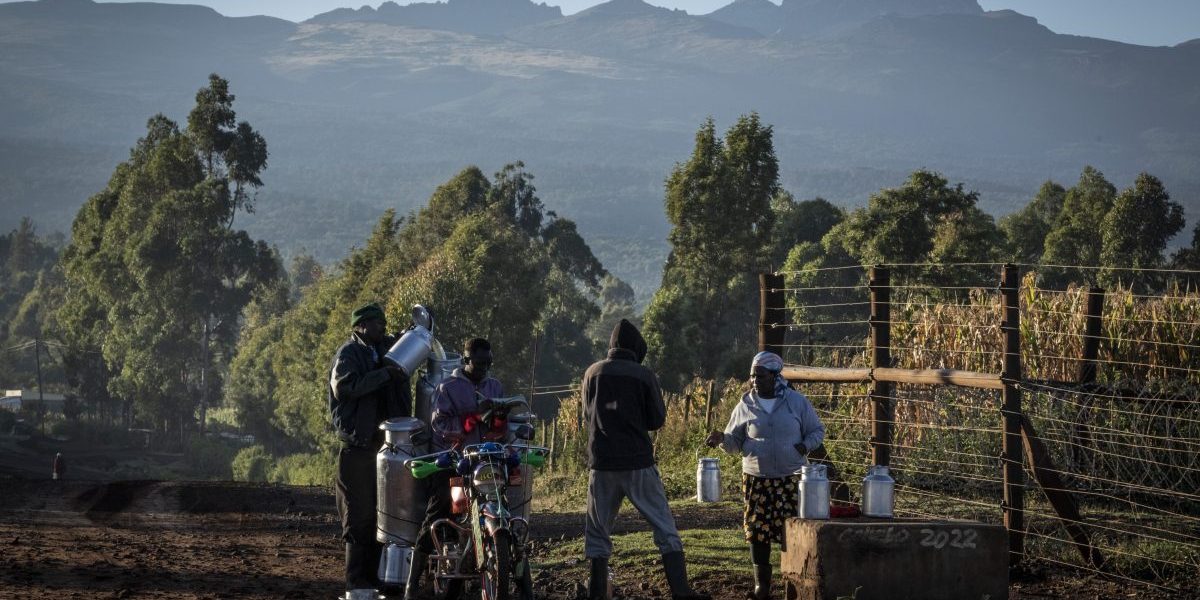Summary
- The African Continental Free Trade Area (AfCFTA) provides important opportunities to strengthen the agricultural sector and promote biodiversity and food security on the continent.
- Policies promoting biodiversity protection, agricultural development and food security can and should be interdependent and mutually reinforcing rather than conflicting.
- Compliance with MEAs on biodiversity under the AfCFTA agreement affects continental trade policies, including tariff liberalisation, harmonisation of technical barriers to trade (TBTs) and non-tariff barriers (NTBs), and protection of intellectual property rights.
- Safeguarding biodiversity, advancing agricultural development and pursuing food security are interrelated activities.
- The development of local value chains and bio-trade is essential for enforcing environmental laws and regulations aimed at mitigating the unintended negative effects of the AfCFTA.








